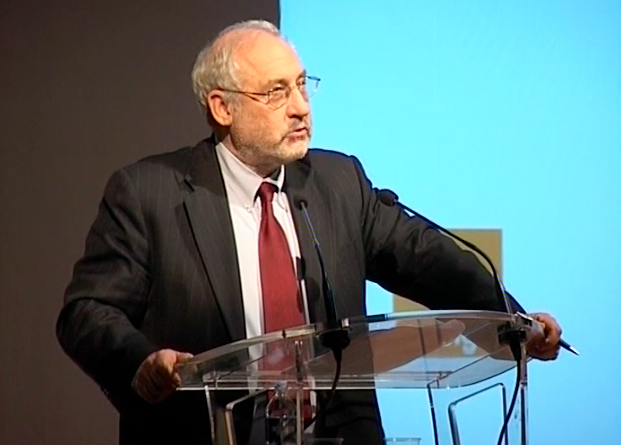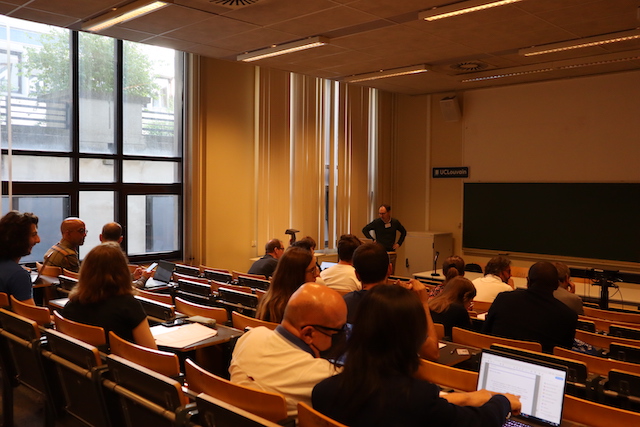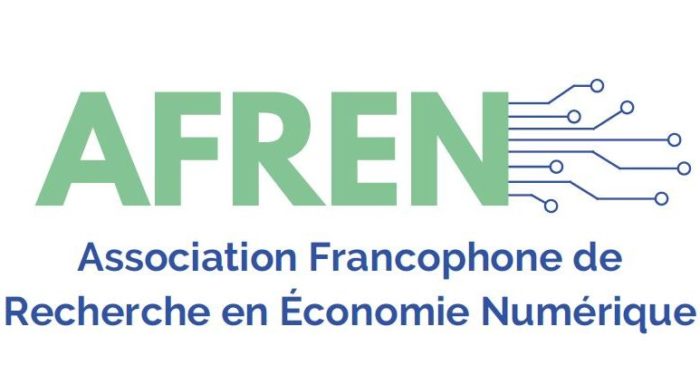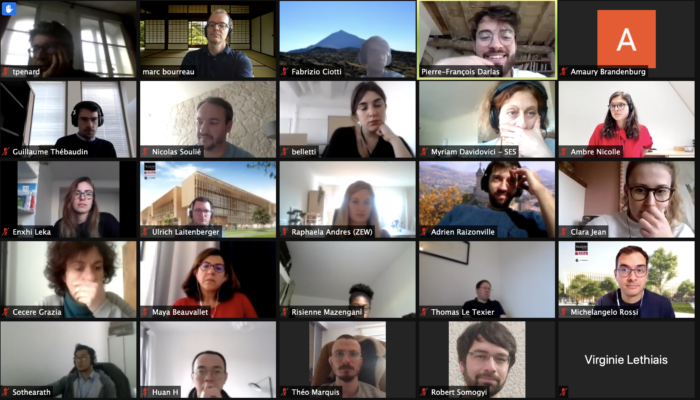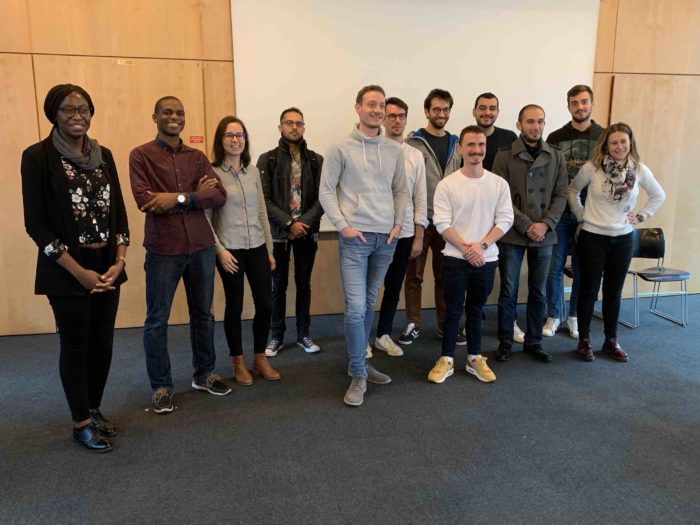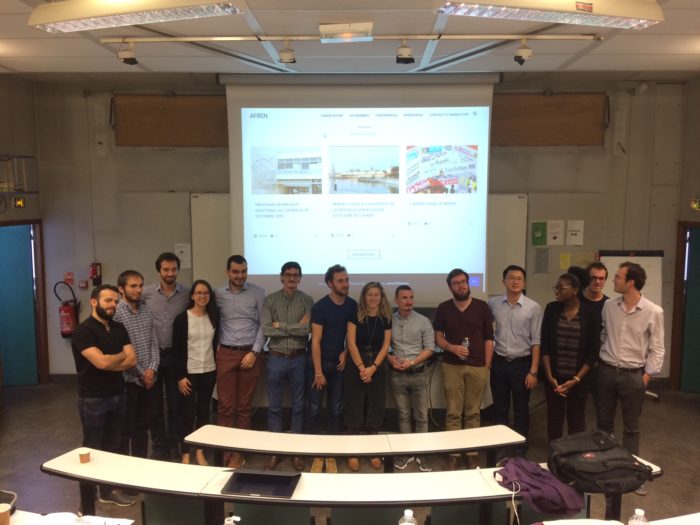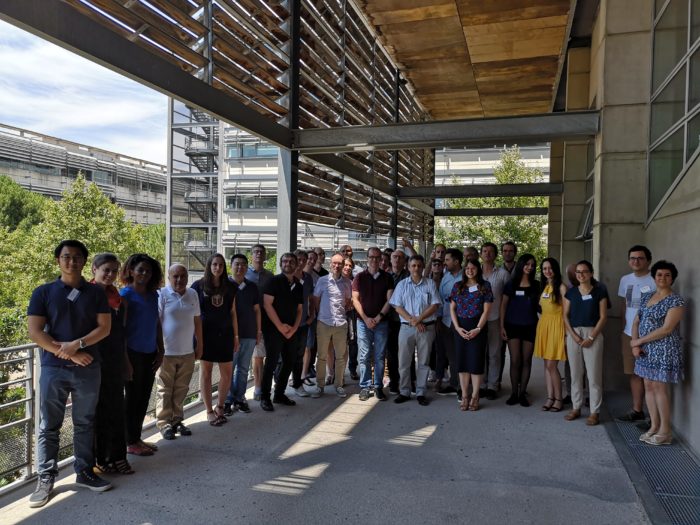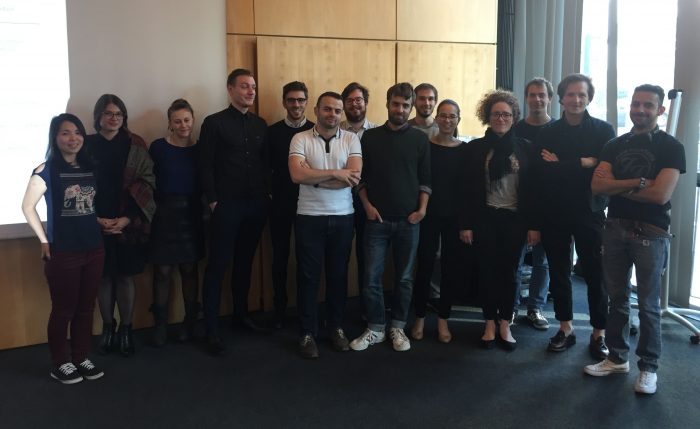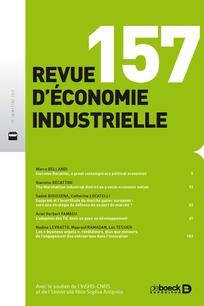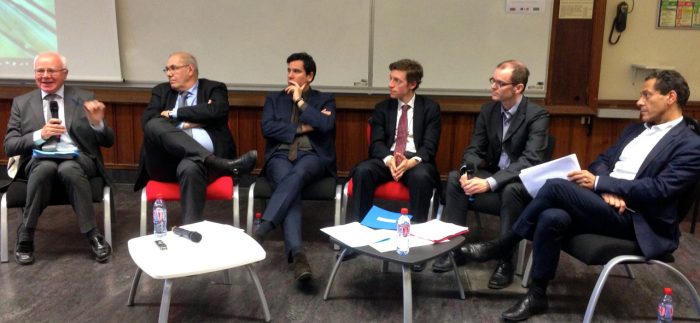Programme and presentations available in French
In a digital economy which is increasingly becoming information and attention-based economy, search engines are occupying a central role shaped by the symbolic status of Google both in terms of its renown and its dominance of internet traffic.
Nevertheless, economic models and competition structures for search engines are not widely understood. Thanks to their top-heavy IT infrastructures, they come under the network economy. And because they supply service applications, they can also be classified as part of the content economy. Google’s disruptive success is down to the very fact that it has been able to innovate in the technical, service, use and business model spheres, all at the same time.
This diversity explains why it is so difficult to grasp the search engine phenomenon on a global scale. On the one hand, they orchestrate information exchanges on reading uses in return for information on readers, whilst on the other hand they orchestrate information exchanges on readers in return for advertising. Search engines bring together supply and demand for content in a fractal sense; they can insert advertising “both charged and specific” at each interaction node because there is no pre-defined referencing system.
Search engines have many different business models and present a wide variety of economic configurations. Most are based on a “free” business model which makes the search engine market very similar to the media market. It strives to reach the widest possible audience and places great importance in the creation of commercial brands to guarantee a good reputation and appeal. Competition tends to arise not only between digital players, but also in associated markets centered on advertising (e.g. the press). In such a context, the main question we need to ask is whether or not the search engine market should come under a generic set of regulations.
In other respects, compared to traditional information aggregators and databases (directories, television guides, etc.), search engines raise specific legal issues regarding the protection of intellectual property rights. However, these questions arise in a radically different way because of the technology of search engines. We have to underline that a second major source of conflict, which is both little known and often underestimated, concerns trademark law.
The traceability of search requests and consultation processes by diversifying within applications will inevitably be at odds with the rights of individuals: the more or less anonymous nature of the collected information, transparency and length of time for which the information is kept, marketing of the acquired data. Then, some defend strict regulations imposing very short limits and data storage times with a view to defending individuals and their right to keep certain pieces of information confidential. Others feel that freedom of expression and personal choices can be more successfully defended by improving service performance within a transparent context, whilst all public documents should be available by free access, without any censorship as a general principle.
Innovation and Regulation in digital services Chair, organized a seminar concerning these issues on May 16th 2008 to which academic, institutions and Internet players’ representatives did participate.
Les moteurs de recherche : quel cadre d’analyse ?, Pierre-Jean Benghozi,Ecole polytechnique, Chaire Innovation & Régulation des Services Numériques
Search engines: just another business? Nico van Eijk, Institute for Information Law (IViR), University of Amsterdam
L’internaute comme plate internaute plate-forme : éclairages sur les modèles publicitaires, Philippe Chantepie, chef du DEPS au ministère de la culture,


